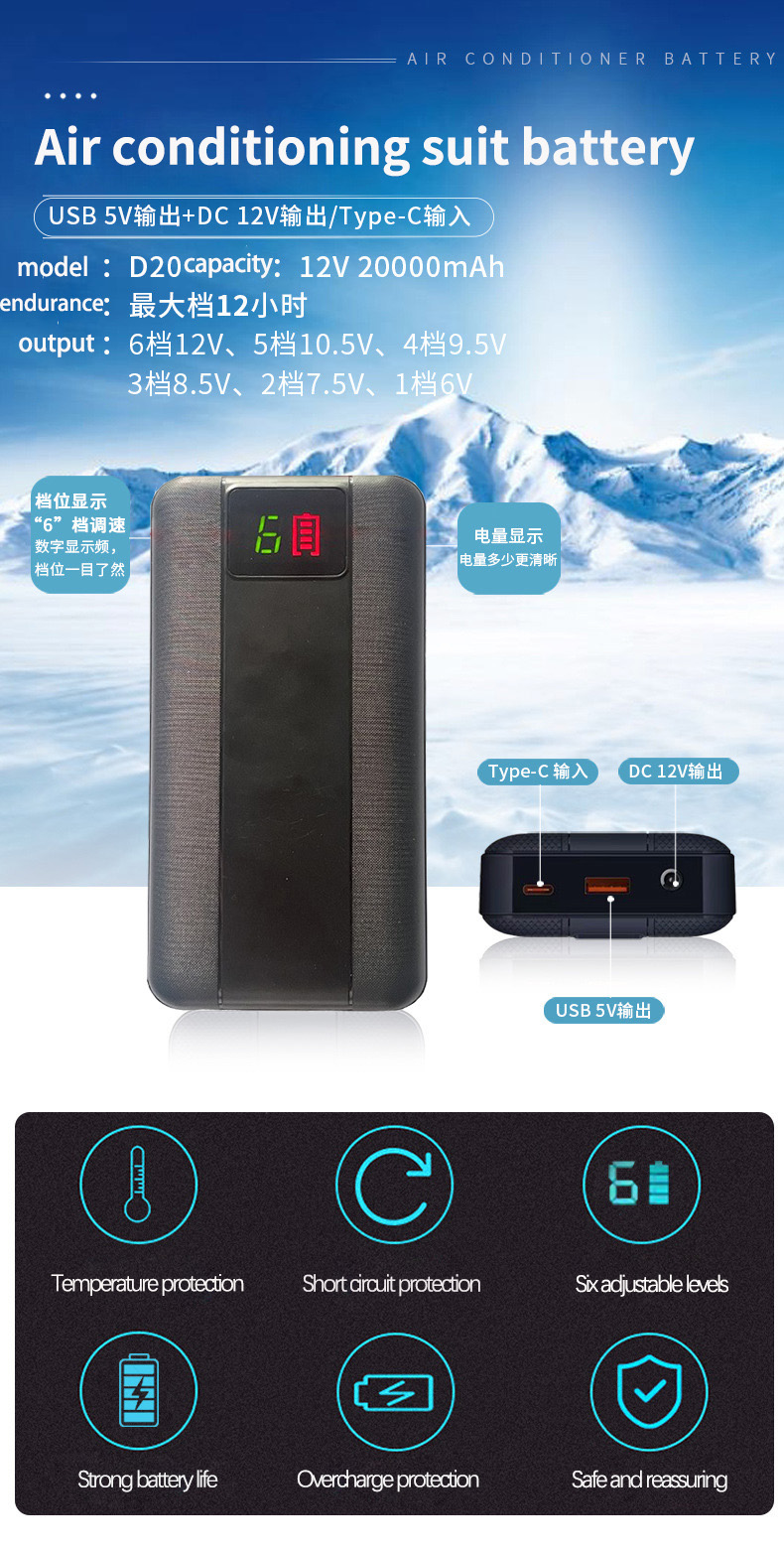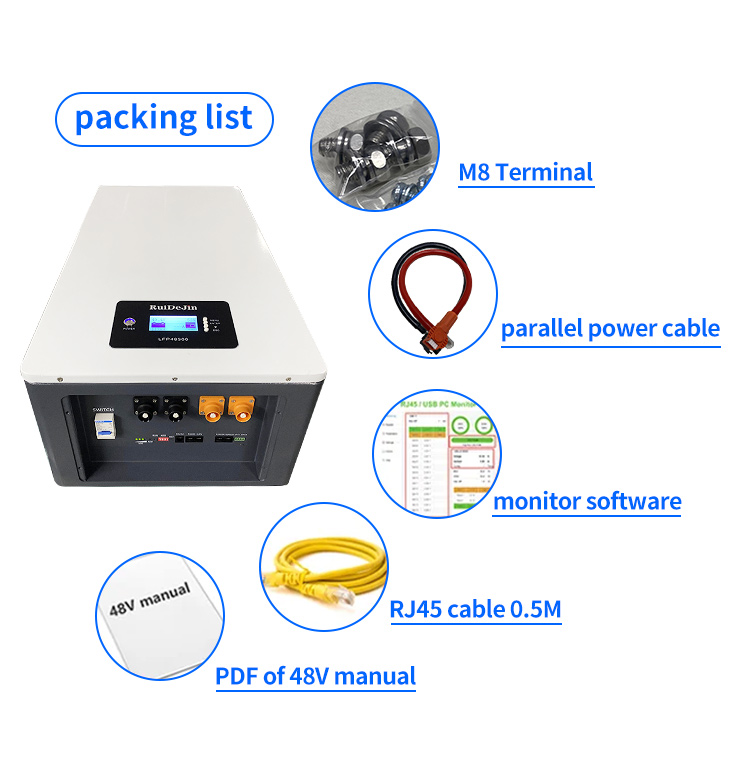Lithium batteries have become an integral part of our daily lives, powering everything from smartphones and laptops to electric vehicles and renewable energy storage systems. However, despite their versatility and numerous advantages, lithium batteries also face challenges. One of the biggest issues with lithium batteries is their limited lifespan and potential safety hazards.
Battery life issues are of great concern to many consumers and industries that rely on lithium batteries. Over time, lithium batteries degrade and lose their ability to charge, resulting in reduced performance and eventually the need for replacement. This limited service life not only increases the cost of ownership, but also exacerbates the environmental concerns associated with battery disposal and recycling.
The degradation of lithium batteries is mainly attributed to several factors, including the formation of the solid electrolyte interface (SEI) layer, degradation of electrode materials, and dendrite growth. These processes occur during a battery’s charge and discharge cycles, causing its capacity and overall performance to gradually decrease. As a result, the operating time of a user’s device or vehicle may be reduced, requiring frequent charging or replacement.
In addition to life issues, safety issues related to lithium batteries have also attracted widespread attention. The high energy density of lithium batteries is one of their main advantages, but it can also pose a risk of thermal runaway and fire if the battery is damaged, overcharged or exposed to extreme temperatures. Incidents of lithium battery fires in consumer electronics, electric vehicles and energy storage systems have raised awareness of potential hazards and the need for improved safety measures.
To address these challenges, researchers and manufacturers are actively working on developing advanced lithium battery technologies to improve service life and safety features. One approach involves using new electrode materials and electrolytes that can mitigate the degradation process and improve the overall performance and life of lithium batteries. In addition, advances in battery management systems and thermal regulation technology are being implemented to minimize the risk of thermal runaway and improve the safety of lithium batteries.
Another area of focus is the development of solid-state lithium batteries, which use solid electrolytes to replace the liquid electrolytes in traditional lithium-ion batteries. Due to their reduced flammability and enhanced stability, solid-state batteries have the potential to offer higher energy density, faster charging capabilities and improved safety. While solid-state lithium batteries are still in the research and development stage, they hold the promise of solving the limitations of current lithium battery technology.
In addition, efforts are underway to improve the sustainability of lithium batteries, focusing on improving the recyclability and environmental impact of battery materials. The recycling program aims to recover valuable metals such as lithium, cobalt and nickel from used batteries, reducing reliance on raw materials and minimizing the environmental footprint of battery production and disposal. In addition, advancements in battery design and manufacturing processes are being pursued to create more environmentally friendly and resource-saving lithium batteries.
In the area of electric vehicles, the auto industry is investing in battery technology advancements to extend driving range, reduce charging times and improve the overall durability of lithium-ion batteries. These efforts are critical to accelerating the adoption of electric vehicles and addressing issues related to range anxiety and battery degradation, ultimately making electric vehicles more accessible and sustainable.
As the demand for energy storage solutions continues to grow, especially in the context of renewable energy integration and grid stabilization, the development of reliable and long-lasting lithium batteries is critical. Lithium battery-based energy storage systems play a vital role in balancing supply and demand, storing excess renewable energy, and providing backup power during grid outages. By overcoming challenges related to battery life and safety, lithium batteries can further enable the transition to cleaner, more resilient energy infrastructure.
In summary, while lithium batteries have revolutionized the way we power devices and vehicles, their limited lifespan and safety concerns remain significant challenges. Solving these issues requires continued innovation and collaboration across the industry to develop advanced battery technologies that improve performance, longevity and safety. By overcoming the biggest issues with lithium batteries, we can realize their full potential as a sustainable, reliable energy storage solution for the future.
Post time: Apr-22-2024



